Summaries of books about Biology:
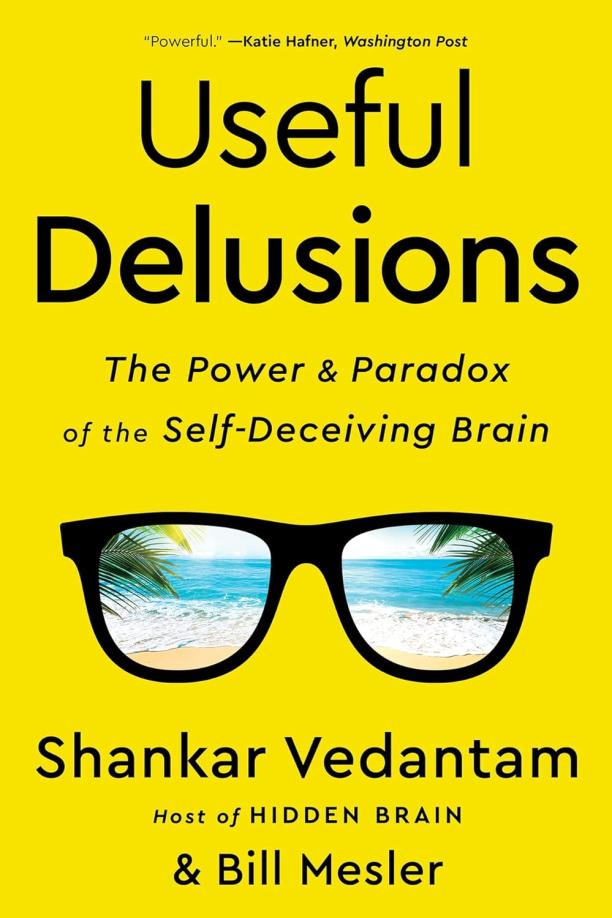
Useful Delusions
The Power and Paradox of the Self-Deceiving Brain
Shankar Vedantam|Bill Mesler
The book explores the psychological mechanisms and evolutionary benefits of self-deception, arguing that certain illusions can be adaptive, fostering mental health and social harmony. It delves into stories and scientific research to illustrate how delusions can play a crucial role in our lives, from sustaining personal relationships to enabling societal functions.
See full summary
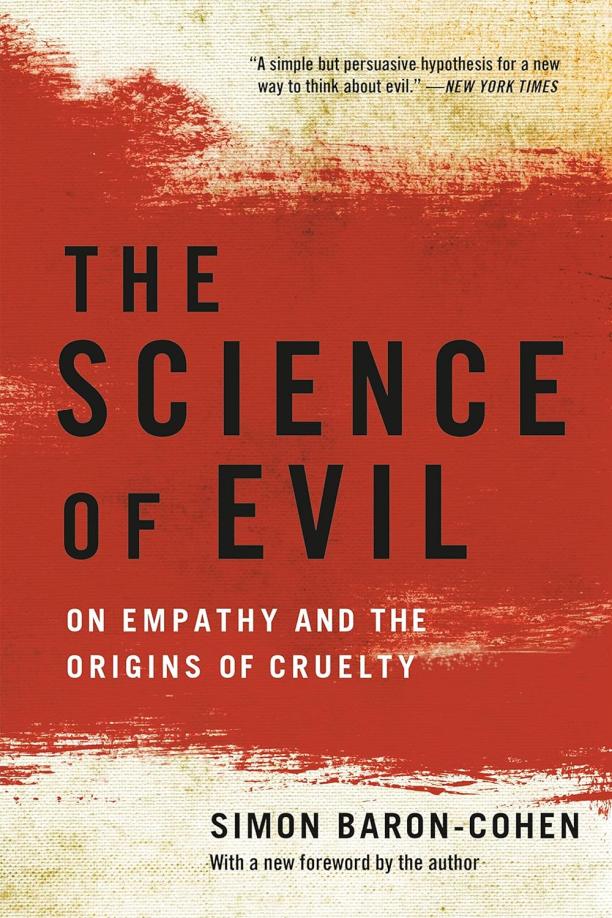
The Science of Evil
On Empathy and the Origins of Cruelty
Simon Baron-Cohen
The book explores the concept of human cruelty through the lens of empathy, proposing that a lack of empathy is at the core of what the author terms "evil" behavior. It delves into the psychological and neuroscientific aspects of empathy, examining how differences in empathy levels can lead to acts of cruelty and discussing potential interventions to increase empathy in individuals.
See full summary
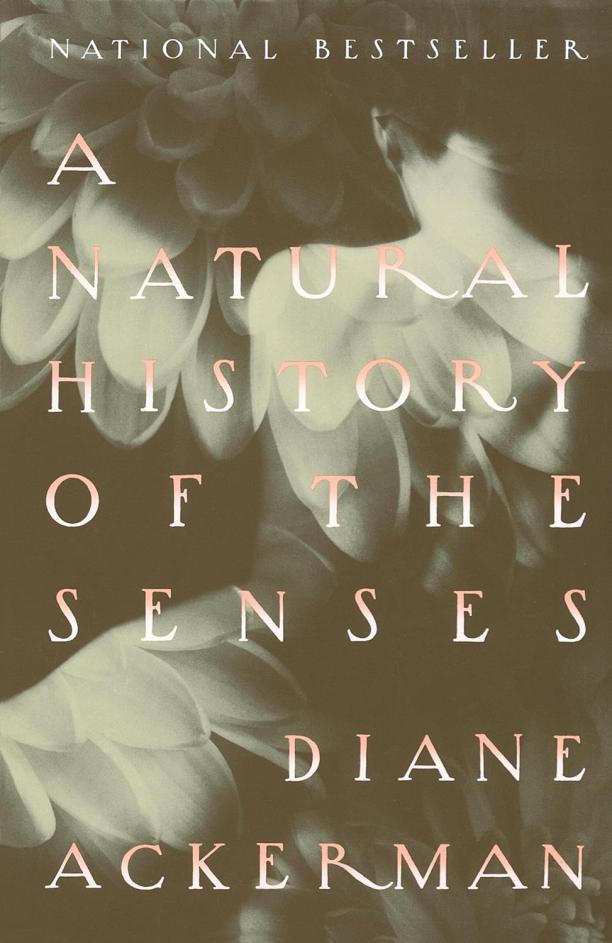
A Natural History of the Senses
Diane Ackerman
The book delves into the complexities and delights of human senses, exploring the science, history, and cultural influences that shape our experiences of taste, touch, smell, hearing, and sight. It weaves personal anecdotes with rich descriptions to illuminate the profound impact senses have on our connection with the world around us.
See full summary
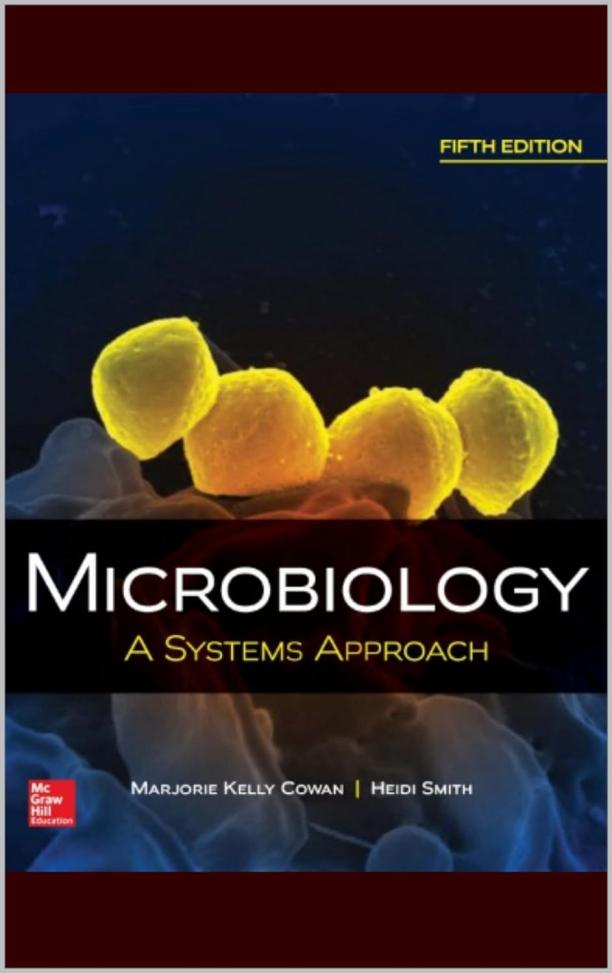
Microbiology
A Systems Approach
Cowan Marjorie Kelly
The book presents an integrated approach to microbiology, focusing on the interactions between microbial organisms and human health, with an emphasis on the pathogenicity, immune response, and control of microorganisms. It covers fundamental concepts, including microbial genetics and growth, as well as applied topics such as infectious diseases, environmental and industrial microbiology.
See full summary
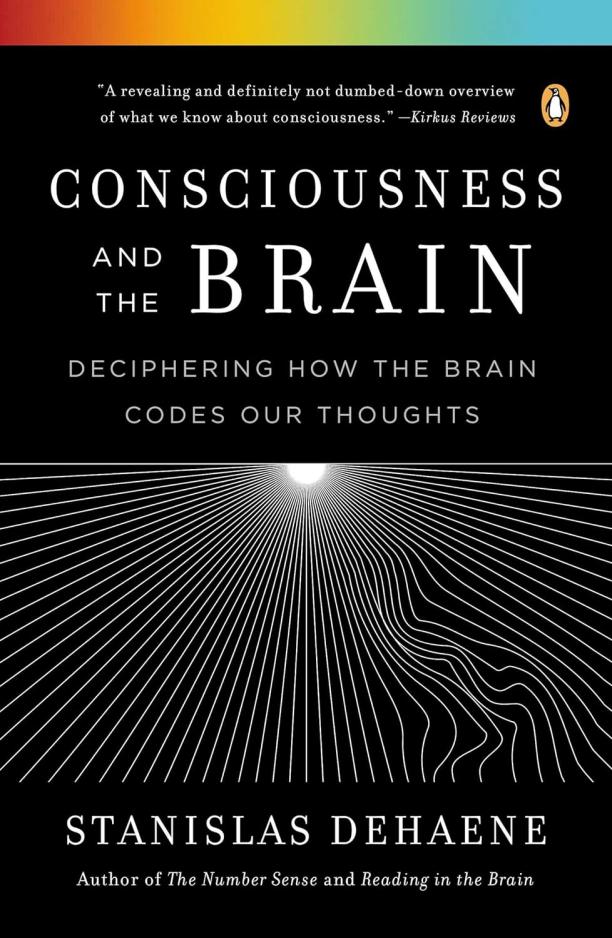
Consciousness and the Brain
Deciphering How the Brain Codes Our Thoughts
Stanislas Dehaene
The book delves into the neuroscience of consciousness, exploring how our brains convert the myriad of sensory inputs into coherent thoughts and experiences. It discusses the author's "global neuronal workspace" theory and presents evidence from experiments and brain-imaging studies to explain the neural mechanisms underlying human consciousness.
See full summary

Human Anatomy & Physiology
Amerman Erin C.
The book provides a comprehensive overview of the structure and function of the human body, integrating anatomy and physiology concepts with clinical applications and real-world examples. It covers all major body systems, detailing cellular processes, tissue classification, and organ system interrelationships in a student-friendly manner.
See full summary
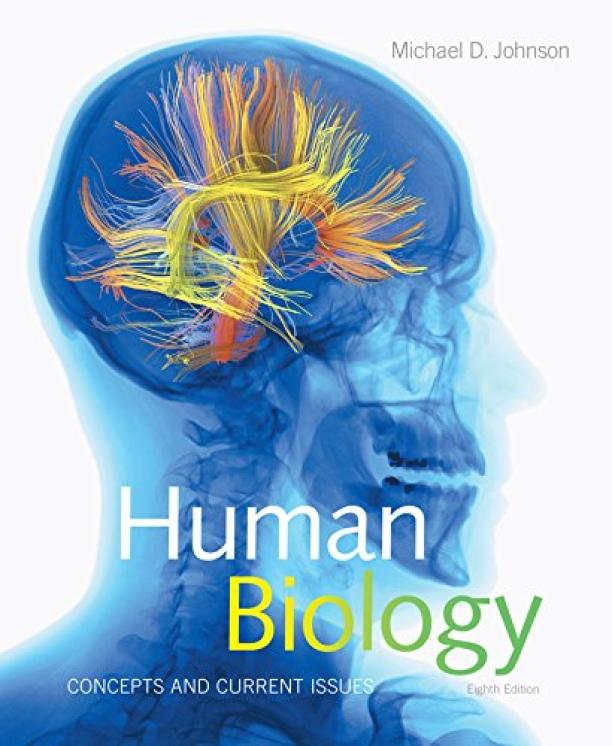
Human Biology
Concepts and Current Issues
Michael D. Johnson
The book provides an in-depth exploration of human biology, covering fundamental concepts such as genetics, evolution, and the structure and function of the human body. It also addresses current issues and applications in the field, including modern biotechnology, diseases, and environmental concerns impacting human health.
See full summary
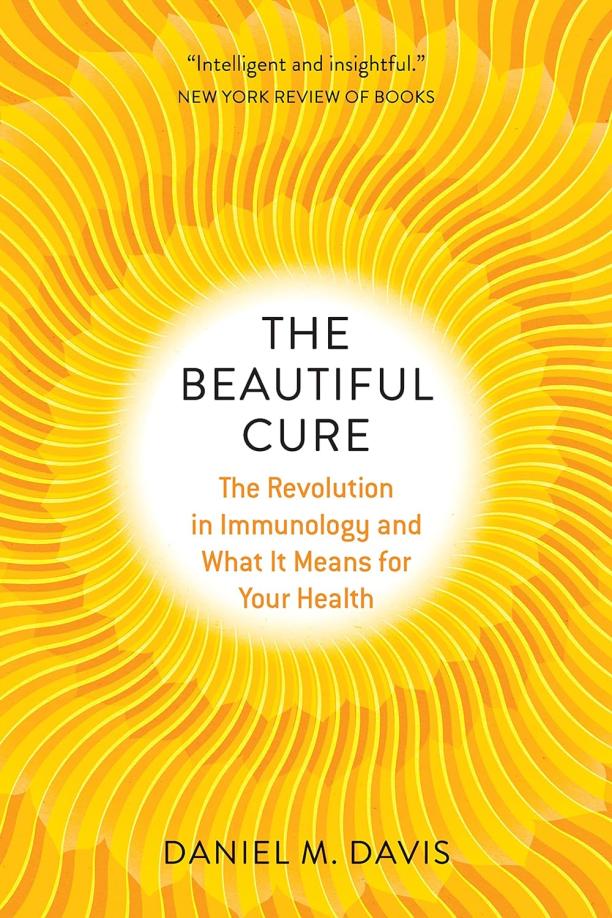
The Beautiful Cure
The Revolution in Immunology and What It Means for Your Health
Daniel M. Davis
The book delves into the recent advancements in immunology, explaining how a deeper understanding of the immune system has led to groundbreaking treatments for diseases and has significant implications for human health. It highlights the stories of scientists and researchers who have contributed to these discoveries, and discusses the potential for future therapies that could transform medicine.
See full summary
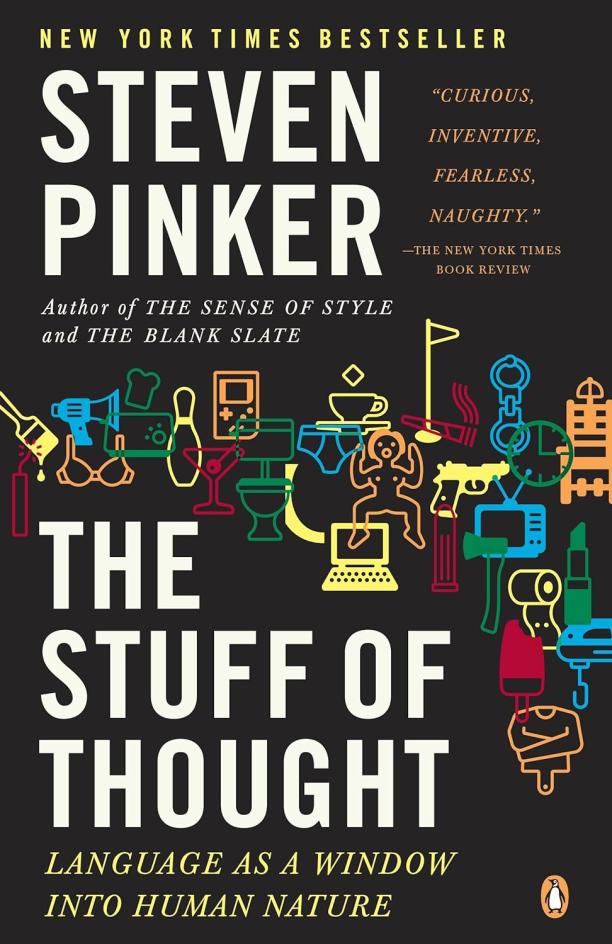
The Stuff of Thought
Language as a Window into Human Nature
Steven Pinker
The book explores how language reflects the workings of the human mind, particularly how word choice and sentence structure can reveal aspects of human thought, social relationships, and the interplay between innate ideas and cultural influences. It delves into topics such as metaphor, swearing, innuendo, and the ways in which words can influence our perception of reality and our interactions with others.
See full summary
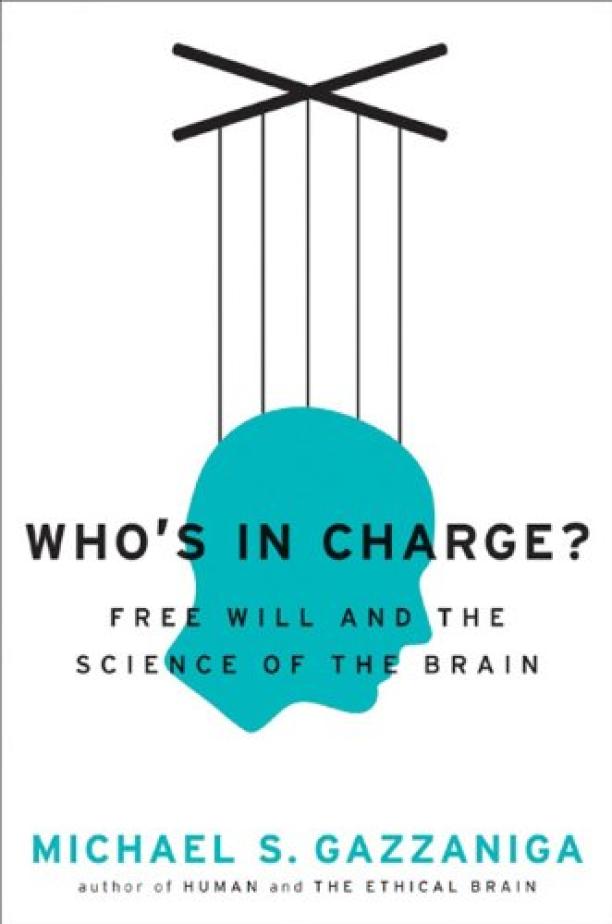
Who's in Charge?
Free Will and the Science of the Brain
Michael S. Gazzaniga
The book explores the relationship between the complex workings of the human brain and the concept of free will, delving into neuroscience to question how much control we truly have over our actions. It examines the implications of brain research on our understanding of moral responsibility and the legal system.
See full summary